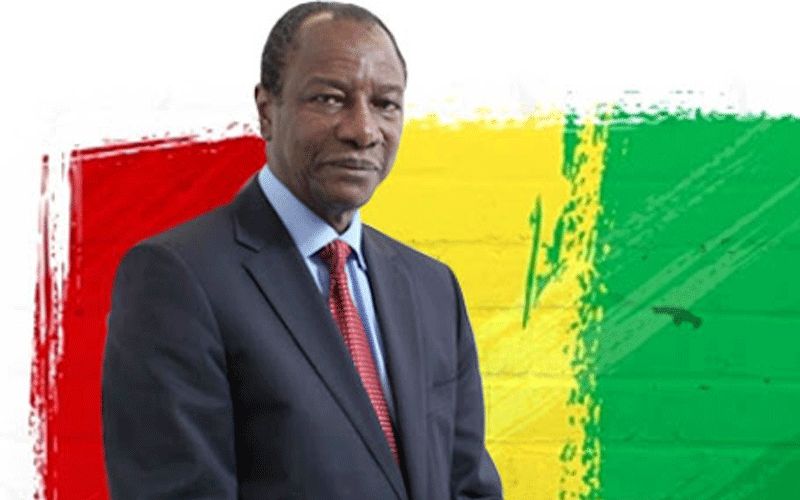Conakry, 31 January, 2020 / 5:08 am (ACI Africa).
Members of the Clergy Union of Guinea (UCG) in the West African country of Guinea have called on president Alpha Condé to work towards reconciliation against the backdrop of the socio-economic crisis following the announced boycott of general election planned for next month.
Opposition parties in Guinea reportedly pledged to boycott legislative elections set for February 16 on alleged "massive inclusion of minors" on the voters’ lists and locking out eligible voters.
This has created a national crisis that has caught the attention of the country’s UCG whose members are calling on President Condé to respect the constitution and the principles of democratic alternation.
“We call on the Head of State, the guarantor of national unity, to break the silence and bring peace, harmony and reconciliation to the country in order to get us out of this crisis, which continues to affect national unity,” reads in part a message from UCG issued in the diocese of N'Zérékoré, the venue of their 34th ordinary assembly meeting, Sunday, January 26.
“In this particularly tense pre-electoral period, we urge your government to ensure the security of the population, to respect the constitution in force, to observe the democratic principle of alternation," the Clergy have stated.








